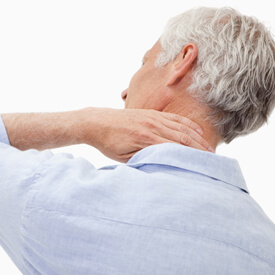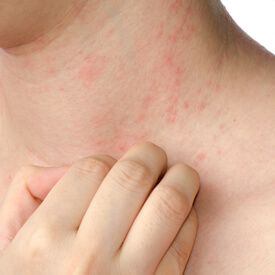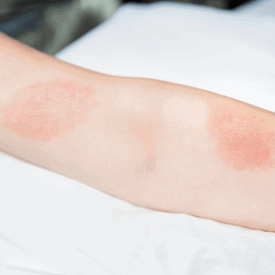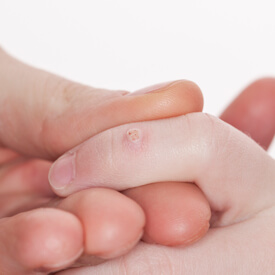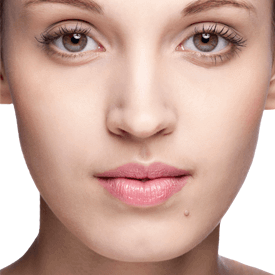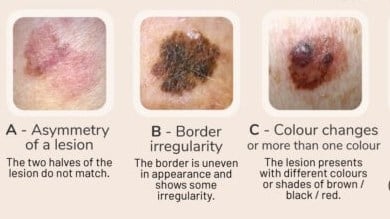Texture improvement, collagen production, minimized wrinkles, and anti-inflammatory properties are benefits of using retinoids!
Cysts in Fort Washington, PA
ABOUT CYSTS
Cysts are quite common among the general population and are, in most cases, noncancerous. They show up as small bumps beneath the skin that may grow larger over time. A cyst is basically a collection of dead skin cells that the body has enveloped with a “sac.” Cysts can occur anywhere on the body and in all shapes and sizes, usually beginning as pea-sized lumps under the skin. While most cysts do not cause harm or pain, some may grow large enough to become troublesome for patients. Those that are larger in size are usually removed and sent for biopsy to make sure they are in fact benign. The Dermatology and Skin Cancer Institute treats a variety of types of cysts under the guidance of Medical Director Dr. Aradhna Saxena and can provide an accurate diagnosis and treatment plan based on your medical needs and history.
CAUSES
There are several factors that can cause a cyst. Serious infection, tumors, and major illness or disease are just a few afflictions that can cause cysts to occur. Cysts can also develop around a foreign object or piercing within the skin, such as earrings, or as the result of a clogged oil gland within the skin. Although the majority of cysts are benign, some may be cancerous. Dr. Saxena will do a thorough analysis to reach a diagnosis and develop a treatment plan to remove it and eliminate future growth.
SYMPTOMS
The symptoms associated with cysts vary depending on the size and location of the growths. In most cases, cysts are detected by feeling or seeing an abnormal lump beneath the skin. Some lumps may be painful, especially if they become inflamed or rupture, while others may be visible but painless. Another symptom is the hardening of the skin surrounding the cyst. Larger cysts can have specific symptoms, such as the shifting of organs, physical disfigurement, and emotional distress. Small cysts, which are the most common type, often do not have symptoms or any indication of ongoing growth.
TREATMENT OPTIONS
A number of different treatment processes are available at the Dermatology and Skin Cancer Institute if you are suffering from cysts. Common treatments for cysts include draining of the lump or removing it through surgery (excision). Cysts that are inflamed often react positively to a cortisone injection, which will cause them to shrink in size. The good news is that most all types of cysts can be effectively treated once a proper diagnosis has been established.
TREATMENT FOR CYSTS
Should you find yourself suffering from a cyst and would like to receive treatment, we urge you to call the Dermatology and Skin Cancer Institute to schedule an appointment. Cysts often cause unnecessary stress, so we encourage anyone who is feeling anxious about a growth beneath the skin to seek medical advice at our Fort Washington, Lansdale, or Willow Grove, PA location. We will provide a thorough physical exam and recommend a treatment plan for an effective removal.



